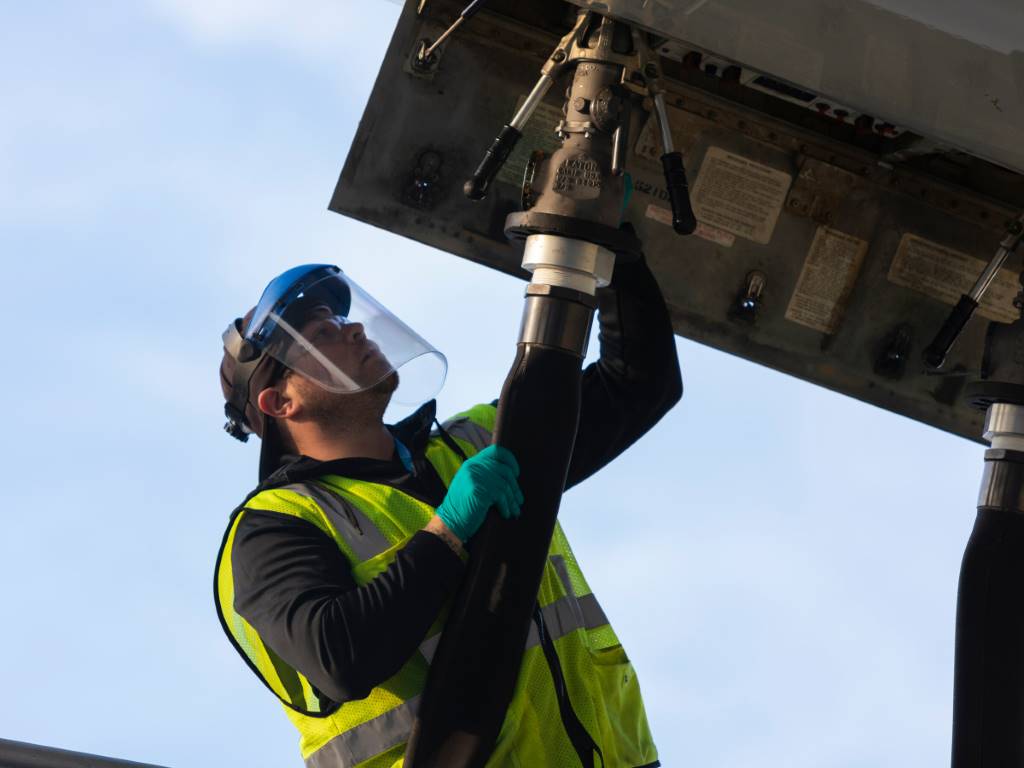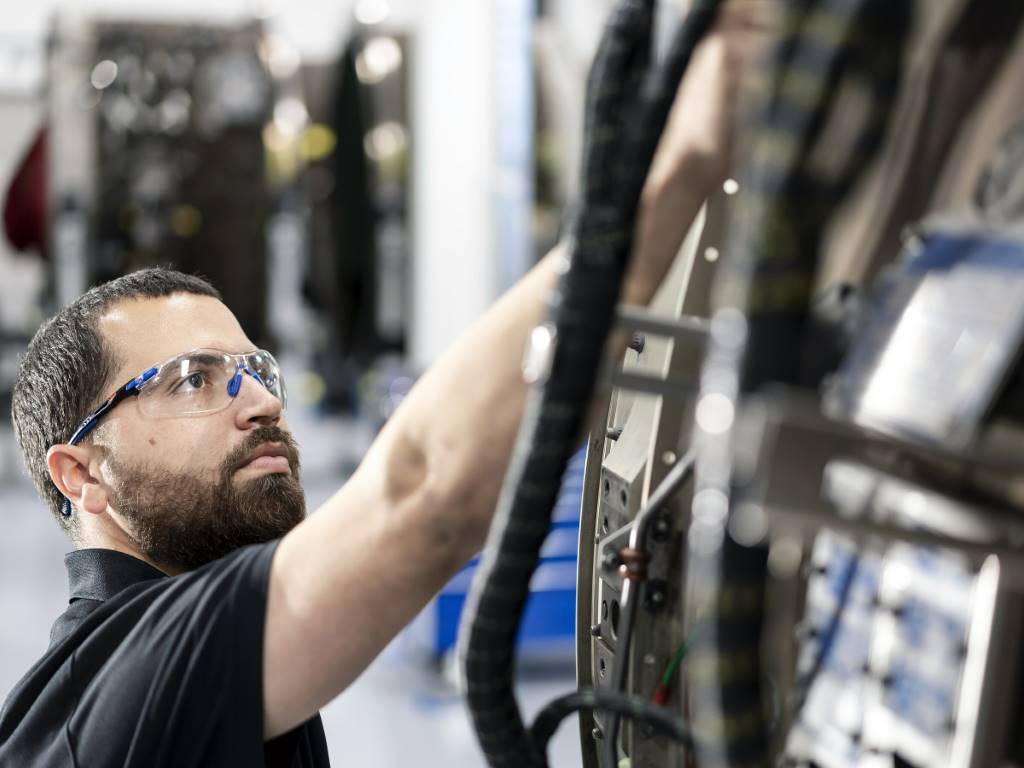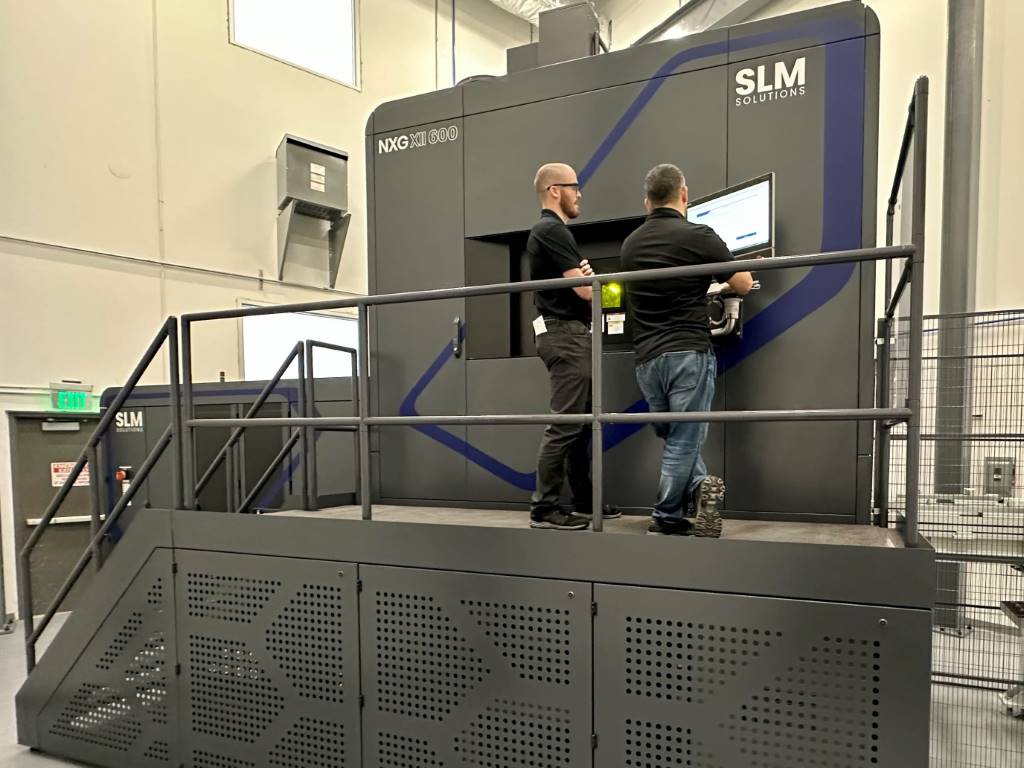Pratt & Whitney engines to power 80 new A320neo aircraft

Pratt & Whitney GTF engines will power an additional 80 A320neo aircraft for Volaris, the two companies have announced.
Pratt & Whitney GTF engines will power an additional 80 A320neo aircraft for Volaris, the two companies have announced.
Pratt & Whitney will also provide Volaris with engine maintenance through a long-term EngineWise Comprehensive service agreement.
Volaris previously placed an order for 44 GTF-powered A320neo family aircraft. This brings Volaris’ total commitment to 124 GTF-powered aircraft.
“This selection will expand upon the fuel savings we have already been realizing with the GTF engine,” said Enrique Beltranena, CEO of Volaris. “We are always looking for new ways to better serve our passengers. These GTF engines will help us further grow our network of routes and give us a strong foundation for the future.”
Volaris is a low-cost carrier headquartered in Mexico City, Mexico and an affiliate of Indigo Partners.
“We’ve been honoured to help Volaris grow from its first V2500-powered flight in 2006 to the successful airline it is today,” said Rick Deurloo, chief commercial officer of Pratt & Whitney. “We are proud to continue powering their growth with the world-class fuel efficiency and economics required for their low-cost operations.”
Since entering service in early 2016, the GTF engine has demonstrated its ability to reduce fuel burn by 16%, to reduce nitrogen oxide emissions by 50% compared to the regulatory standard, and to reduce the noise footprint by 75%.













